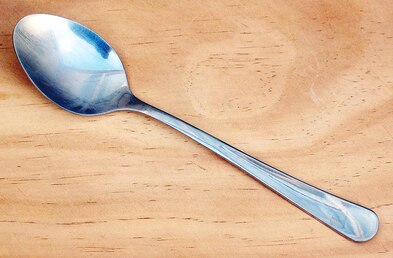all of the selves we Have ever been
 As we make our way up the curve of the COVID-19 pandemic, more actions and restrictions become necessary. Many of us, while disappointed and inconvenienced, accept the limitations and are determined to do the right thing, to do our parts. As we stay home or shelter in place, it is shocking to see the television and social media images of crowded beaches, bars, and churches and to hear stories of hoarders and price-gougers. Some people never seem to get it. Do they not watch the news? Are they in denial? Terminally self-centered? Naive? There are those who want the government to crack down and send armed guards into the streets. Others experience moral outrage and vent to their neighbors or on social media. There is a group stocking up on guns and ammo. What’s a civil society to do? It would be satisfying to think that nature will catch up with these rule-breakers. But we know from experience that it is equally, if not more likely, that someone else will suffer for their actions, and the crowd-seekers and price-gougers will walk away unphased and untouched. They may even benefit. Many thoughts run through my mind as I try to cope with my own frustration at these circumstances and to try to find some meaning and some guidance for how I should respond. First, I think of the allegory of the spoons. In heaven and in hell the spoons are long. In hell the inhabitants struggle to feed their starving selves to no avail. But in heaven, they know how to use the spoons to feed each other. My second thought is that maybe we are here to repair the world. I once read a lovely book, Jewish Spirituality: A Brief Introduction for Christians by Rabbi Lawrence Kushner. He wrote: “When you see something that is broken, fix it. When you find something that is lost, return it. When you see something that needs to be done, do it. In that way you will take care of your world and repair creation. ..But for people to begin the great task of repairing creation, they must realize the awesome power god has put into their hands. ..your hands are the hands of god…” He goes on to say, “becoming an ethically mature adult includes understanding that bad people often go unpunished and good people are often not rewarded. Instead, the way we feel when we do bad things is its own punishment and the way we feel when we do good is its own reward.” Finally, I consider the many people I have met in my career as a social worker. One of the most frequent questions I have been asked by hospice patients, Holocaust survivors, former prisoners of war, and abuse victims is “Why me?” I don’t know the answer to “why” for any of them. But what I have come to appreciate is that God brought us together not because He was punishing them, but because He was working on me. In the end, I believe that is what gives meaning to suffering--that we are changed for the better. I have learned so much from those who have shared their suffering with me. I am most at home among people of such strength, and courage and hope, people who carry on in spite of all of it and help me to grow into a wiser, braver, better self. We know we have a long way to go in this pandemic. And many of us will continue to struggle with things we see and hear that offend our sense of moral responsibility and human empathy. What’s a civil society to do? Borrow some spoons from heaven and get busy repairing the world.
0 Comments
Your comment will be posted after it is approved.
Leave a Reply. |
AuthorLilli-ann Buffin Archives
July 2024
Categories
All
|
 RSS Feed
RSS Feed